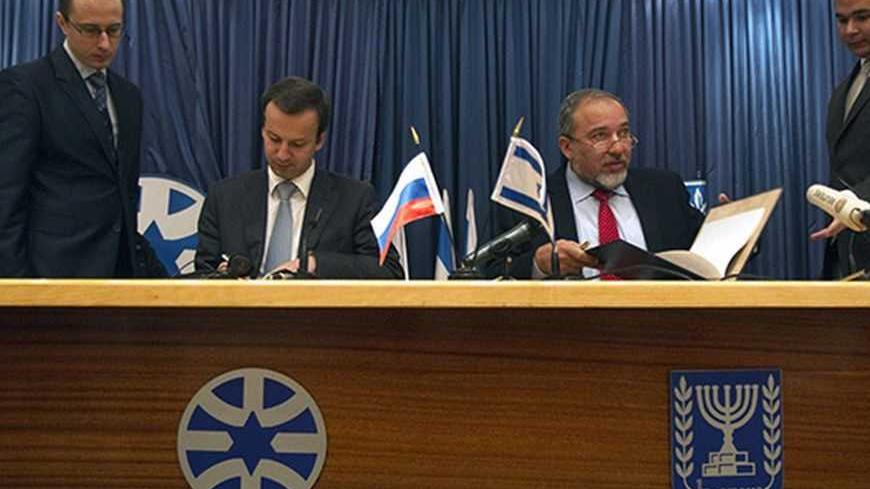The morning after Israel voted, the leading Russian newspaper Kommersant reported that the elections had turned out as expected: the rightists showed impressive results, giving Prime Minister Benjamin Netanyahu more room to maneuver. The rest of the world, however, was talking about the rightists' amazingly poor performance and the difficult position Netanyahu now finds himself in.
The explanation is simple. The press time for Russia’s print newspapers is earlier than for publications in other countries, and due to the time difference, election results from other countries usually come in too late and have to be published the next day. Since every single forecast expected Netanyahu and Lieberman to win a convincing victory, the journalists at Kommersant decided to scoop their colleagues around the world rather than delay publication. The resulting embarrassment was rather symbolic.



